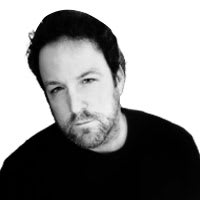Books
Photo Illustration by Thomas Lev/Photo Illustration by Thomas Levinson/The Daily Beast/Getty/Simon & Schuster
Culture Warriors Banned My Memoir About Being a Young Marine
MY FIRST TIME
It turns out even straight, white, male veterans are not immune from this idea-censoring madness.
opinion

Trending Now





